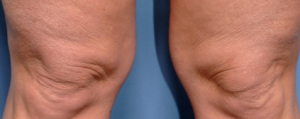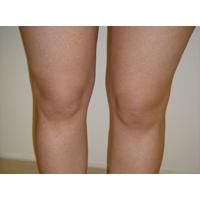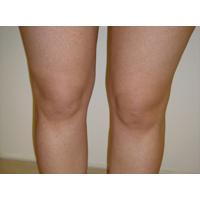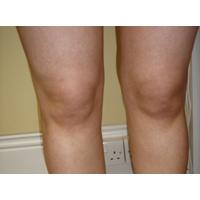Overweight people are not only a burden on the NHS but on their own knees.
There has been a surge of 150% in knee replacement surgery with more than 9,500 people, including teenagers having knee replacement surgery last year because their joints could not cope with their weight, according to new NHS figures. And the cost to the NHS of repairing crumbling knees over a 4-year period is estimated at around £50 million.
Obesity costs the NHS £5.1 billion each year with 40,000 people dying as a result of being overweight or obese.
Now one in 10 patients given new knees is obese, up from one in 20 just four years ago. In 2009-10, there were 3,787 operations carried out in England and Wales where obesity was listed as a main or secondary diagnosis.
But by 2012-13, the number had leapt to 9,438, figures from the Health and Social Care Information Centre (HSCIC) reveal.
Over the last four years there have been a total of 28,000 cases where obesity was regarded as a major trigger for knee replacements. It includes one boy aged between 10 and 14 who went under the knife in 2010-11.
Also in the last four years, knee replacements have been carried out on two boys and two girls aged 15-19.
The majority of knee operations are carried out on older people, aged 60+ but recently there has been a tripling of knee replacements among obese under-40s.
Each knee replacement operation costs around £5,500, and should last for around 15 to 20 years. But the obese may have to have more than one replacement because of the strain caused by weight.
A knee replacement is classed as ‘major surgery’ by the NHS and is only offered after other treatments, such as physiotherapy or steroid injections have failed to help.





